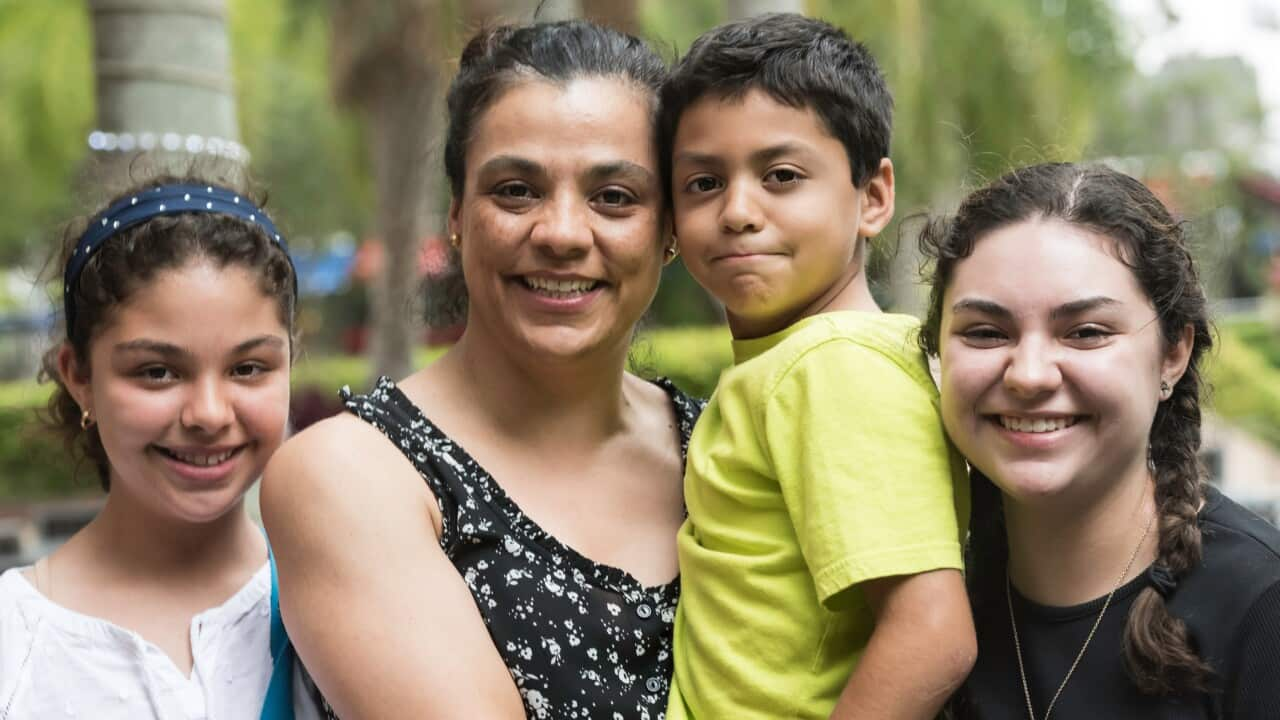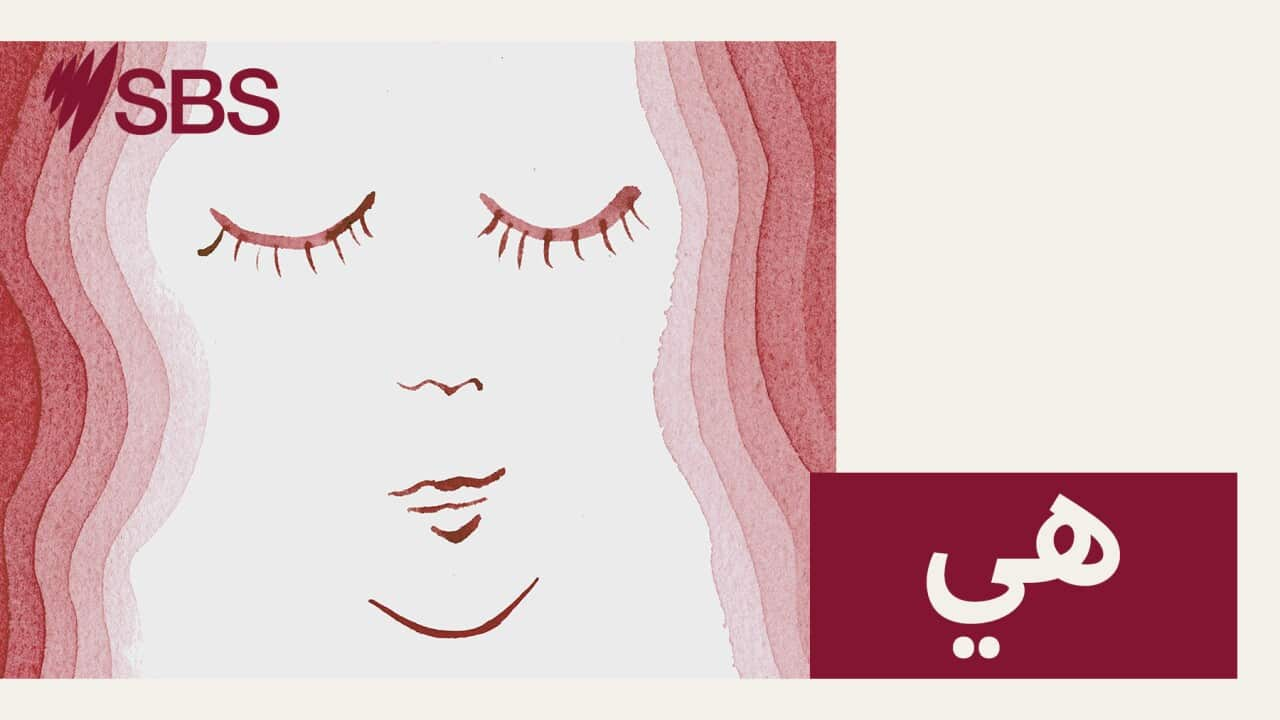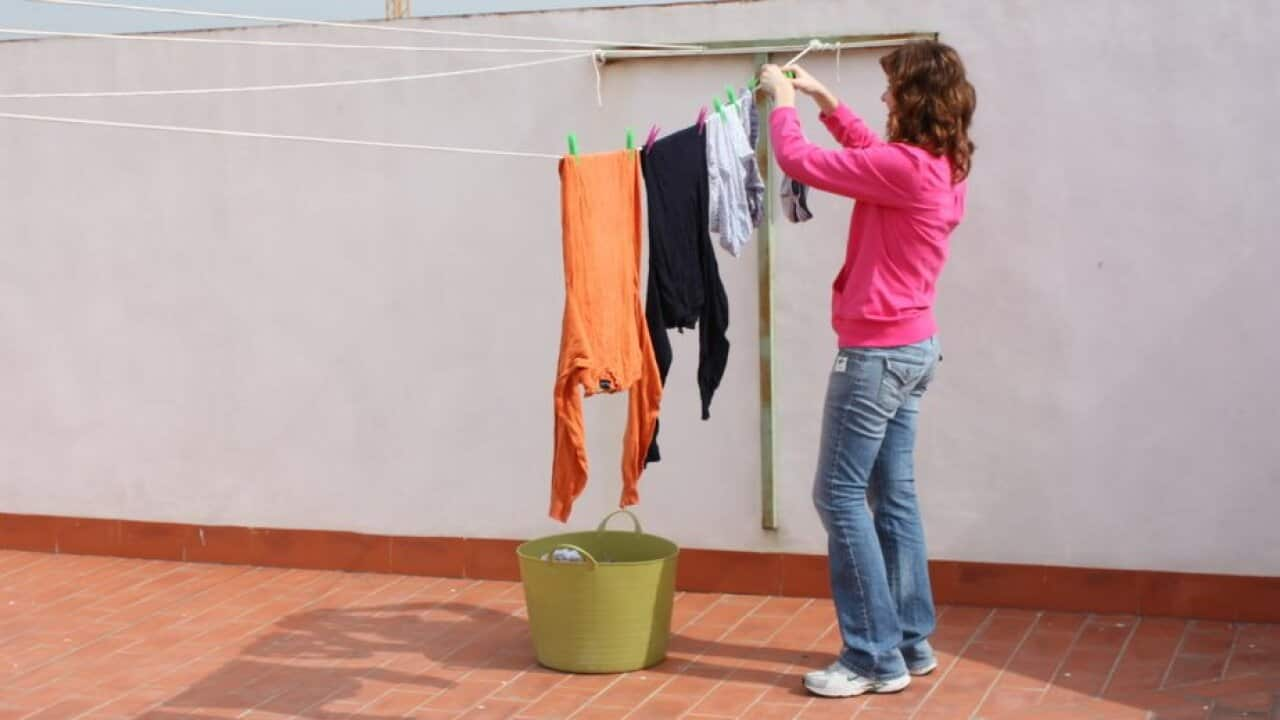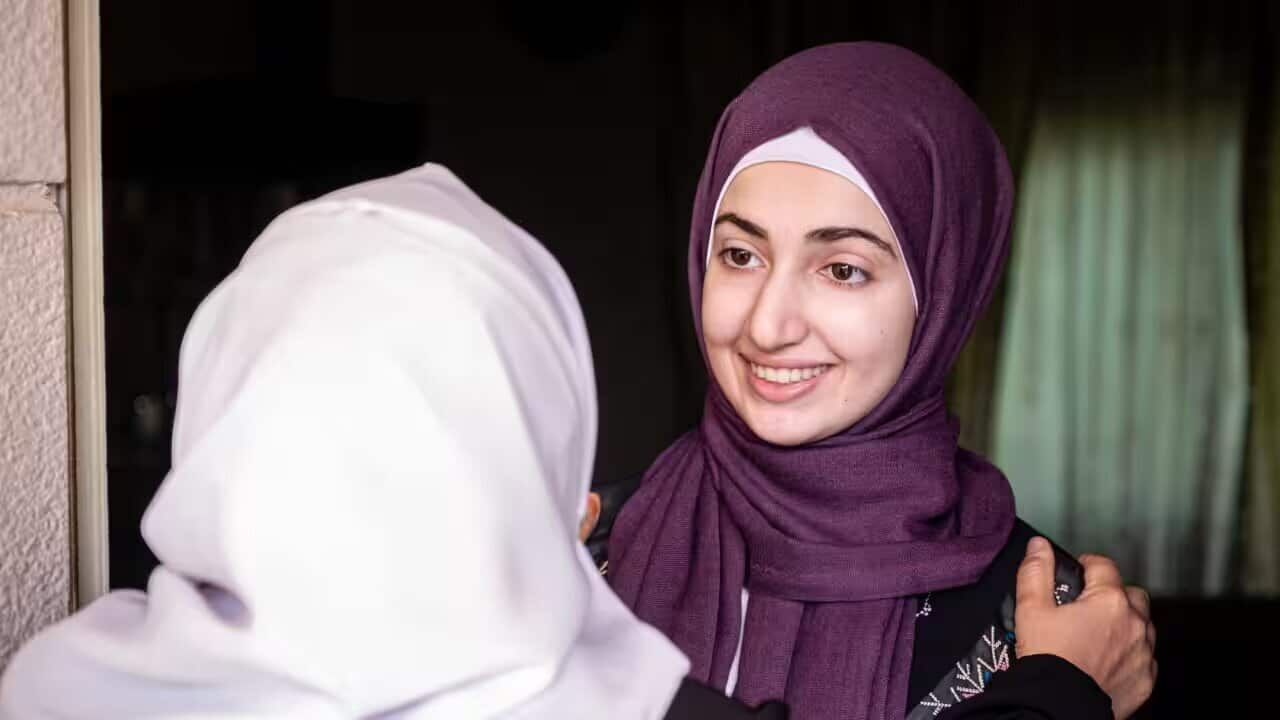The social stigma surrounding widows and divorcees varies from one society to another.
In June 2022, the that up to one million families consist of one breadwinner and that about 80 percent of these are single mothers.
LISTEN TO

“I didn’t have time to grieve”: Between Divorce and Widowhood in Arabic Society of Australia
16:29
'I wasn't prepared'
Samar* (name changed) lived in NSW with her husband, who she says prevented her from working in dentistry, the field she had succeeded in back in her home country.
Although they had been married for several years and had two children together, Samar's relationship with her husband had started to deteriorate, and they chose to separate while still .
"My husband agreed to this decision against his will," Samar says. "This option is not common in our Arab culture and contradicts the traditions of society and our religious beliefs."
"The alternative was for me to report him to the police for his mistreatment and abuse of me and my children. Therefore, he had to agree."
I wanted a full divorce but did not feel I was financially and psychologically ready to start my life without a job. He used to tell me that work is forbidden; 'you can work when I die'.Samar
"Most of all, I wanted my children to have a father, even if he hurt us."
Samar initially thought she had made the right decision in trying to maintain the public image of a perfect family.
However, the death of her husband after two years of separation left her facing life as a widow and single mother.
"The pressures of the cost of living and my children's demands began to surround me everywhere. I knew I needed a job. But I could not go back to work in my field in the dental industry as I had left it 10 years ago," she says.
"How could I get back to it now when I am a mother of two young children, and after the field has developed a lot as if I no longer understand anything about it?"

This episode of the 'She' podcast explores the emotional challenges faced by single mothers. Credit: FatCamera/Getty Images
'I didn't know where to start'
Hana, the single mother of a girl living in Western Australia, recalls feeling an overwhelming sense of loneliness after she lost her husband in a tragic car accident.
"It was the most difficult day of my life and my daughter's life. We did not believe the news, and the impact of the shock was very harsh on us," she says.
I did not have time to grieve over his death and separation. The financial demands did not spare me for a moment. Legal procedures, burial, and its cost, did not allow me to catch my breath to face my new world.Hana
"There was no one to help me, I depended on [my husband] for everything in our daily life outside the home, and I didn't speak English very well either."
"I didn't know where to start."
'A fateful decision'
For Faiza, a single mother of three children, the events of the Syrian war had repercussions on the stability of her marriage and her mental health.
"My brother was kidnapped during the war in Syria, and we had a solid relationship with each other," she says.
"I decided to leave immediately to Jordan and left my husband behind."
Faiza worked as a translator with many TV stations around the world, and fortunately, her work was not affected by the circumstances of the war. Therefore, she was able to secure some of her financial needs.
Although her husband did eventually follow her to Jordan, she says their relationship began to "collapse".
"I could not get over my brother's absence, and I felt mentally and financially devastated because of the restrictions and the miserable conditions Jordan imposed on the Syrian refugees."
She says it felt like facing one fateful decision after another as she sought to provide her children with a new beginning.
I decided to leave again, this time to Malaysia, and left him behind in Amman, Jordan. Unfortunately, a few months later, he passed away from cancer.Faiza
Two years later, she met her second husband through her work translating the tragic stories of Syrian refugees for their immigration applications to Australia.
"He decided to travel to Malaysia to meet me and my family. The admiration was mutual. Many people advised me to accept his marriage proposal because I was still young, and it was a good opportunity not to feel lonely."
Faiza re-married. Three months into their relationship, she gave birth to her third child and moved to live with her new husband in Australia.
"After two weeks with him, I woke up one night and overheard him talking on the phone and saying he was travelling. I asked him: where? He said he had received a work opportunity in Qatar. I asked him what about us. He said, 'Do whatever you want, stay here or return to Malaysia'."
"From there, my struggle started with deciding to either return to Malaysia or stay in Australia. I was in denial - [I thought] he wouldn't be able to leave me and my children in a country I know nothing about."
"I used to tell myself, 'This is impossible; he will not leave me' ... After he left, I waited for him to return for weeks."

Working single mums. Credit: Helena Lopes/Unsplash
Dealing with trauma
Separation or widowhood carries with it a lot of challenges, including pressures that may be specific to a society.
Firas Sallan, Partnership Manager at the University of Sydney, was born in Syria and migrated to Australia with his family in 2014.
"The Arab and Eastern society's view of divorced women is generally very negative. Arab societies are governed by customs, traditions, and social upbringing that hold women responsible for divorce," he says.
"TV series and films also contribute to reinforcing the negative perception of divorced women and portraying them in a miserable state after divorce."
Psychologists say separation or widowhood may result in . This psychological disorder associated with memories, severe anxiety and disturbing thoughts may leave someone suffering for months or years.
They also use the term to describe the positive psychological change that some people experience after a stressful encounter.
Sleiman Abou-Hamdan, , and Rand Faied, shed light on this theory developed in the mid-1990s.
Ms Rand says: "Many people have become aware of the impact of post-traumatic stress disorder on a person's life, which may hinder them from continuing their life normally.
"However, many people who have gone through major traumas and crises have also become more powerful and mentally mature."
"It surprises many people who were unaware of their latent and hidden capabilities until they have lived through an experience and crisis of this magnitude," she adds.
For his part, Mr Sleiman says: "People who go through a state of post-traumatic growth can go through a process called in psychology the 'meaning-making process', which is the process of how people interpret, understand or make sense of life events, relationships, and the self."
He adds that the whole brain, frontal lobe, temporal lobe, and the base of the brain are used in the .
"If a person can access this process by understanding the trauma as an experience to learn from, then they will realise that the trauma or crisis is an opportunity for development and growth," he says.

Credit: Kelly Sikkema/Unsplash
'If I were to go back in time'
Samar lost her husband, financial aid and the image of a perfect family simultaneously.
"I did not stop thinking about improving our living conditions, as my children's demands increased daily," she says.
"One day, when I was going to the children's school pickup, a woman told me she was planning to open a restaurant with her husband and offered me to work with them. I agreed," she recalls.
After a few months, she alleges she was sexually harassed by the woman's husband, who "knew about my marital status".
"I slapped him and left work without coming back. But with my dignity intact."
After taking a job in another restaurant for a few months, she says she began to feel the pressure of taking care of her children and working.
"So, I started cooking from home and selling food. Hence, I did not need to work for anyone again. The customers poured in, and I could provide for myself and my children," she says.
If I were to go back in time, I would never have agreed to the decision that prevented me from working.Samar
For Hana, losing her husband suddenly would prove a major test of her perseverance.
"I was put in circumstances that gave me no choice but to be strong for my daughter, who had only me in this world. I did not allow myself to feel tired," she says.
"After finishing my shift at work, I would start to look after my husband's business between government departments, lawyers, and others."
"They had to deal with my miserable English, and it depended on my mood that day and my ability to focus and offer proper sentences. I set priorities, worked hard to rely on myself, and started from scratch; it began working."
If I could go back in time, I wouldn't cut myself off from dealing with and learning about life matters outside the house, and I would have continued to learn and use English.Hana
For Faiza, the abrupt end of her second marriage left her to weigh a major decision for the peace and security of her children.
"I had to resort to mental help. I couldn't decide whether to stay in Australia or return to Malaysia to be with my family. In one of the sessions with a life coach, I told her I couldn't stand the feeling of loneliness anymore, and she told me you are not alone ... God is with you wherever you are."
"Her answer was enough to restore peace to my heart. She told me that the decision to travel not only concerned me but also my children and would affect their lives as well."
"Hence, I became certain that my presence in Australia would secure a safe future for them compared to Malaysia, where they would live at the mercy of a temporary visa."
If I were to go back in time, I would have reconsidered my decision to marry again and looked at it beyond the purpose of not being alone.Faiza
Ms Rand says that according to post-traumatic growth theory, women can fall and rise again, no matter the challenges.
"Every harrowing experience we go through is designed to make us more mature psychologically and emotionally or to teach us a lesson," she says.
"One woman's lessons differ from another, but we must learn the lesson from the experience. Otherwise, it will repeat itself again."
"But in general, what we must do as women who have gone through the experience of separation is to set our priorities and remind ourselves of our values, principles, and the things that matter to us moving forward."
You can listen to the full episode by clicking on the audio player attached to the image above.
Readers seeking mental health support can contact on 13 11 14 and the Children's Helpline on 1800 55 1800 (for young people up to 25).
supports people from culturally and linguistically diverse backgrounds.






